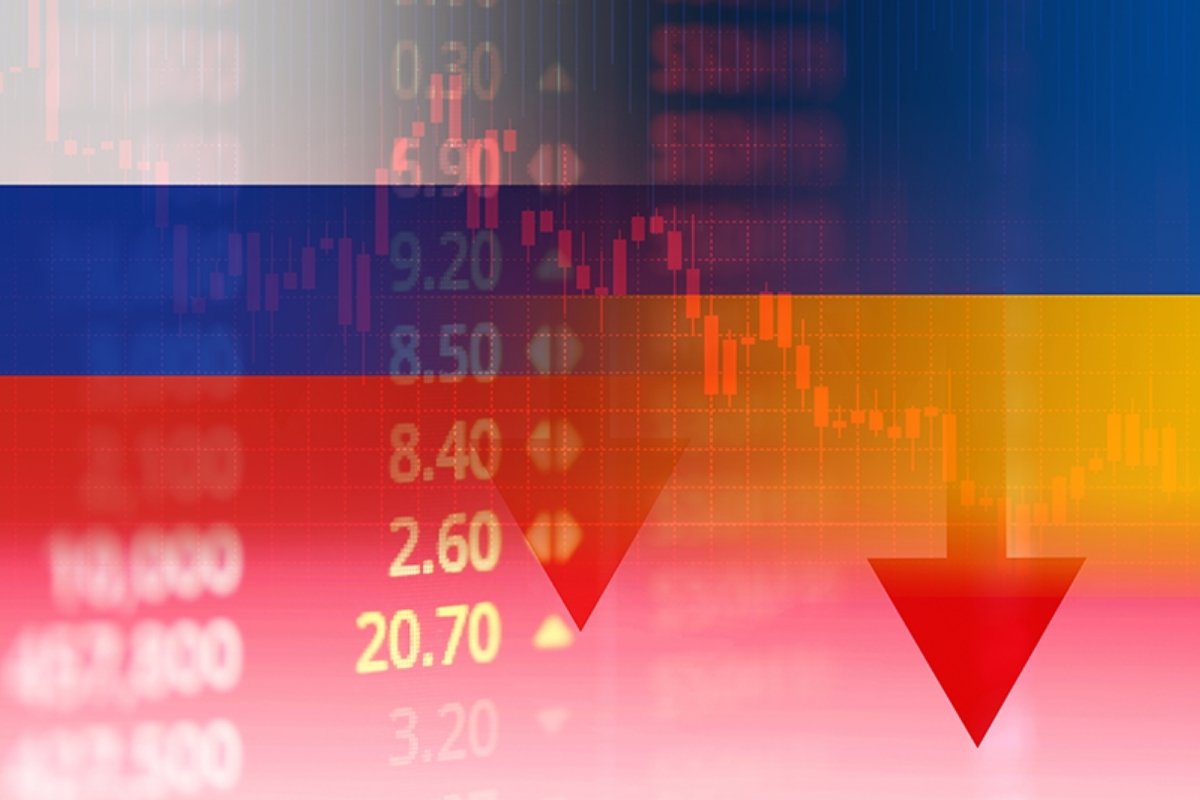Quantum computing is poised to revolutionize various industries, but one of its most profound impacts will be on global markets and economic systems. Traditional financial models rely on classical computing methods that have limitations in processing power and efficiency. Quantum computing, with its ability to solve complex problems at unprecedented speeds, introduces a new paradigm—quantum economics. But how exactly will this technological breakthrough disrupt global markets?
1. What is Quantum Computing and Why It Matters?
Quantum computing leverages the principles of quantum mechanics, such as superposition and entanglement, to perform calculations at speeds unattainable by classical computers. This capability allows for:
- Faster data processing and simulations
- More efficient optimization of financial models
- Breakthroughs in cryptographic security
These advantages could completely reshape the economic landscape by offering deeper insights into market behavior, risk management, and investment strategies.
2. The Impact on Financial Markets
Quantum computing will transform global financial markets in several key ways:
A. Faster and More Accurate Market Predictions
- Quantum algorithms can process vast amounts of financial data to detect patterns and trends with greater accuracy.
- Hedge funds and investment firms can optimize portfolios in real time, reducing risks and maximizing returns.
B. Disrupting Cryptographic Security
- Quantum computers pose a significant threat to traditional encryption methods, such as RSA and ECC, which secure financial transactions.
- Governments and financial institutions are racing to develop quantum-resistant cryptography to safeguard digital assets.
C. Algorithmic Trading Evolution
- Quantum-enhanced trading models can execute high-frequency trades at unprecedented speeds.
- Traders will gain deeper insights into market anomalies and arbitrage opportunities, leading to a major shift in financial strategies.

3. Revolutionizing Economic Modeling and Forecasting
Quantum computing’s ability to solve complex equations rapidly will enhance economic forecasting and modeling in the following ways:
- More accurate macroeconomic simulations to predict financial crises before they occur.
- Optimized supply chain logistics that enhance global trade efficiency.
- Enhanced risk assessment tools for governments and corporations to manage financial instability.
4. Implications for Global Trade and Currency Markets
Quantum economics will not only impact stock markets but also influence:
A. Foreign Exchange (Forex) Markets
- Quantum computing can optimize exchange rate predictions, reducing volatility.
- Central banks may utilize quantum models for more effective monetary policy decisions.
B. International Trade Optimization
- Quantum algorithms can streamline logistics, reducing costs and improving supply chain resilience.
- Trade agreements and tariffs may be restructured based on quantum-optimized economic projections.
C. Digital Currencies & Blockchain Security
- The rise of Central Bank Digital Currencies (CBDCs) may depend on quantum-safe cryptographic solutions.
- Blockchain networks must evolve to withstand quantum decryption threats.
5. Challenges and Ethical Considerations
Despite its potential, the integration of quantum computing into global economics comes with challenges:
- Cybersecurity Risks: The ability to break encryption can lead to financial fraud and data breaches.
- Wealth Concentration: Firms with early access to quantum technology could dominate financial markets, exacerbating wealth inequality.
- Regulatory Uncertainty: Governments must establish policies to manage the risks and benefits of quantum-driven economic systems.
Quantum computing is on the brink of revolutionizing global markets. From enhancing financial modeling to reshaping trade and investment strategies, its impact will be profound and far-reaching. However, with these advancements come significant risks, including cybersecurity threats and economic disparities. As quantum technology progresses, businesses, policymakers, and financial institutions must adapt to this new era of quantum economics to harness its benefits while mitigating its risks. The future of global markets is quantum-powered—are we ready for the shift?


